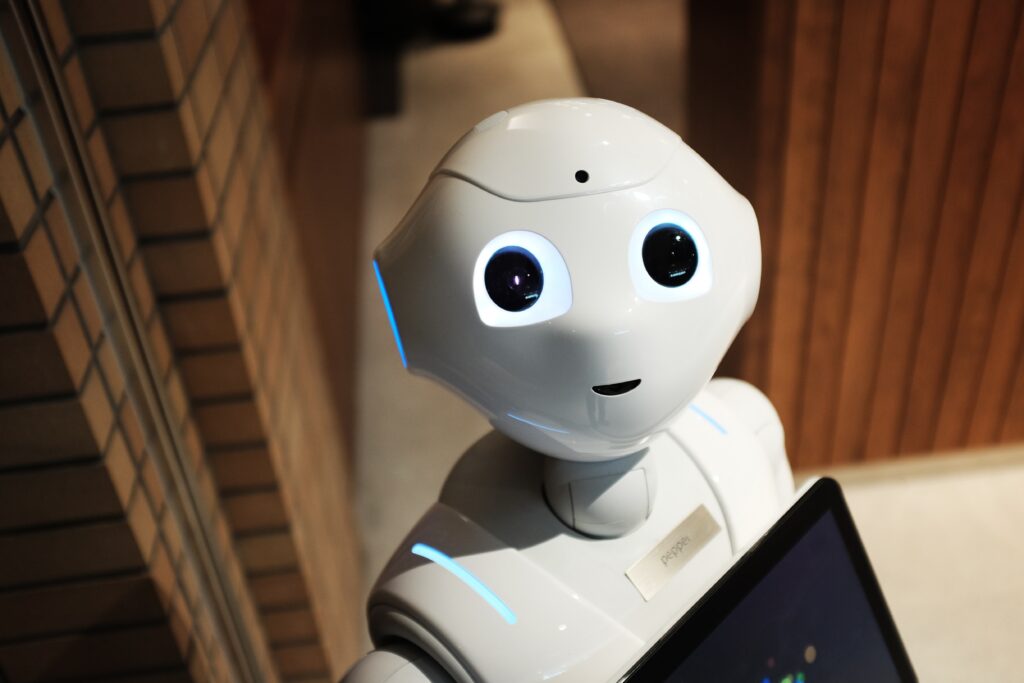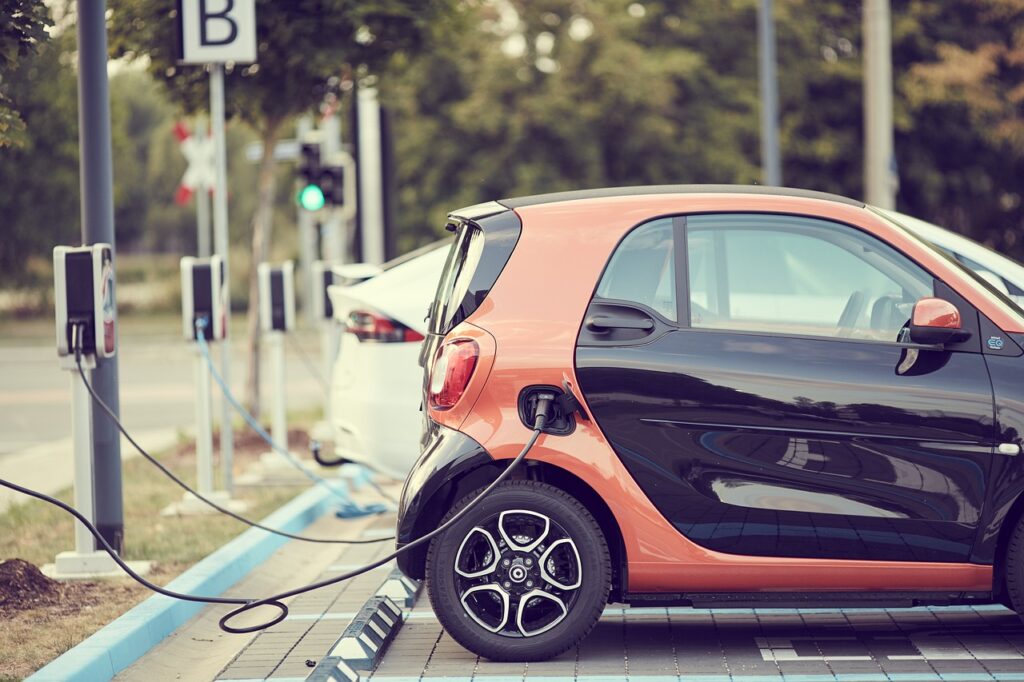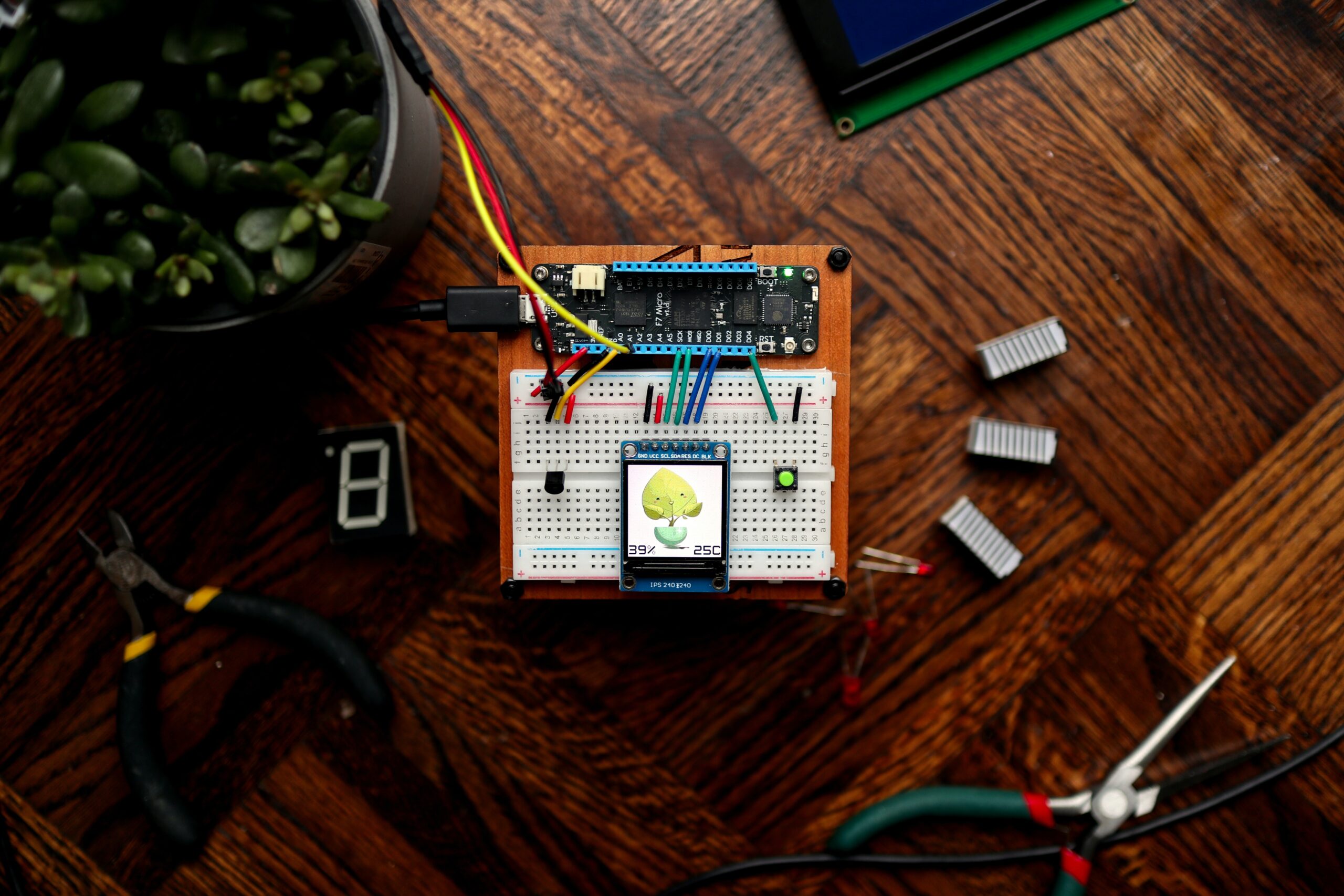Welcome to the future, where the Internet of Things (IoT) is set to redefine the way we live and interact with the world around us. With the rapid advancement of technology, IoT is emerging as a driving force, revolutionizing industries and opening up new possibilities. In this article, we will explore the exciting trends and make bold predictions for the coming years, as the IoT ecosystem continues to expand its horizons.
Unleashing Smart Cities: Connecting the Urban Landscape

- As urbanization accelerates, IoT will play a pivotal role in transforming cities into smart and sustainable ecosystems.
- Smart grids, intelligent transportation systems, and connected infrastructure will enhance energy efficiency, optimize traffic flow, and improve citizen services.
Empowering Healthcare: Revolutionizing Patient Care
- The healthcare industry will witness a major transformation through IoT-enabled devices and wearables.
- Remote patient monitoring, real-time health tracking, and predictive analytics will empower doctors and patients alike.
Revolutionizing Manufacturing: The Rise of Industry 4.0

- IoT will lead the charge in the fourth industrial revolution, driving automation, connectivity, and data-driven decision-making.
- Smart factories, enabled by IoT sensors and robotics, will optimize production, reduce downtime, and enhance quality control.
Transforming Agriculture: Cultivating Smart Farms
- IoT’s potential in agriculture is immense, as it revolutionizes farming practices to meet the demands of a growing population.
- Precision farming, with sensors and drones, will optimize water usage, monitor soil health, and enhance crop yield.
Enhancing Transportation: From Connected Cars to Autonomous Mobility
- IoT is reshaping transportation, with connected cars and autonomous vehicles at the forefront.
- Intelligent transportation systems will optimize traffic management, reduce congestion, and enhance road safety.

Conclusion:
The future of IoT is boundless, with endless possibilities waiting to be unlocked. From smart cities to healthcare, manufacturing, agriculture, and transportation, IoT is set to revolutionize every aspect of our lives. Embrace the excitement of a connected world, where data-driven insights and automation create a more sustainable, efficient, and convenient future. As we journey into the IoT era, let us prepare ourselves for a future that is limited only by our imagination.
FAQs
1. What are the main industries that will be impacted by the growth of IoT?
IoT has the potential to impact a wide range of industries. Some of the main sectors that will be transformed include smart cities, healthcare, manufacturing, agriculture, and transportation. These industries will witness significant advancements through the integration of IoT technologies, leading to enhanced efficiency, connectivity, and data-driven decision-making.
2. How will IoT improve the quality of life in smart cities?
IoT will play a vital role in transforming cities into smart and sustainable ecosystems. Through the implementation of smart grids, intelligent transportation systems, and connected infrastructure, cities will become more energy-efficient, optimize traffic flow, and offer improved citizen services. This will lead to a better quality of life for residents, with seamless urban experiences and enhanced resource management.
3. What are the benefits of IoT in healthcare?
IoT has the potential to revolutionize the healthcare industry. With remote patient monitoring, real-time health tracking, and predictive analytics, IoT-enabled devices and wearables empower doctors and patients alike. This technology enables personalized and proactive healthcare, allowing for early detection of health issues, remote consultations, and improved patient outcomes.
4. How will IoT transform manufacturing processes?
IoT is set to drive the fourth industrial revolution, known as Industry 4.0, by revolutionizing manufacturing processes. Through the integration of IoT sensors and robotics, smart factories will optimize production, reduce downtime, enhance quality control, and enable data-driven decision-making. This will lead to increased efficiency, productivity, and cost savings for manufacturers.
5. What are the advantages of IoT in agriculture?
IoT holds tremendous potential for the agricultural sector. Through precision farming techniques, IoT sensors and drones can optimize water usage, monitor soil health, and improve crop yield. This technology enables farmers to make data-driven decisions, reduce resource wastage, and ensure sustainable agricultural practices. The result is increased productivity, reduced environmental impact, and improved food security.

